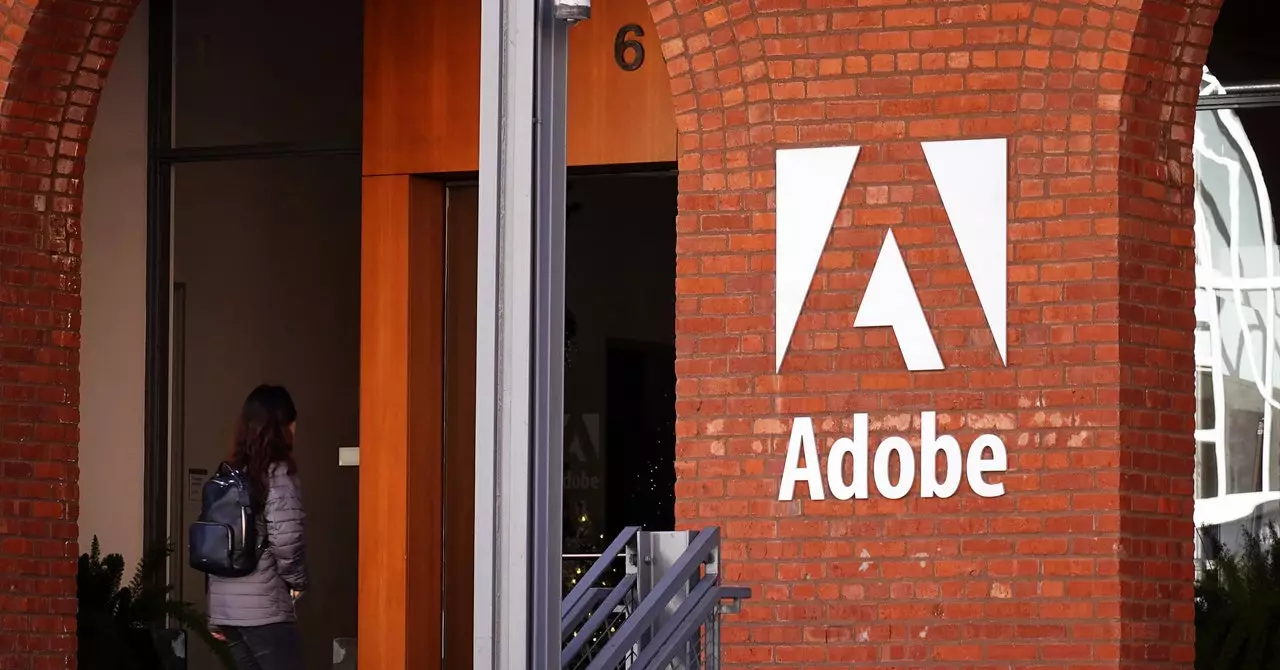When news broke about Adobe’s updated terms of service in February, users were understandably alarmed. The language used in the update seemed to suggest that Adobe could access user content for the purpose of training its generative AI, Firefly. This led to an outcry from artists who rely heavily on Adobe’s software for their work. The vague wording of the terms created a sense of distrust among users, especially in light of recent incidents involving unauthorized use of artists’ work by Adobe.
In response to the backlash, Adobe issued a clarification stating that it would not train AI on users’ content stored locally or in the cloud. Additionally, users were given the option to opt out of content analytics. However, despite this clarification, many artists, including senior storyboard artist Jon Lam, remain skeptical. Lam, along with other artists, believe that Adobe may still use their work to train Firefly without their consent, despite assurances from the company.
Historical Context of AI Misuse
The fear of AI models misusing copyrighted work is not unfounded. In the past, artists like Karla Ortiz and Greg Rutkowski have faced issues with their work being used without permission by generative AI models. These incidents have led to legal action being taken against companies involved in the unauthorized use of artists’ work. The potential for AI to generate imitations of copyrighted work raises serious concerns about the protection of intellectual property rights in the digital age.
As the owner of Photoshop and creator of PDFs, Adobe has long been the industry standard for creative professionals. However, its recent attempts to update its terms of service have sparked a debate about the company’s market monopoly. The failed acquisition of product design company Figma in 2023 due to antitrust concerns highlights the extent of Adobe’s dominance in the industry. The potential implications of changes to Adobe’s terms of service on artists’ livelihoods cannot be understated.
Adobe’s updated terms of service have caused a stir in the creative community, with concerns about the company’s intentions regarding user content and AI training. The controversy surrounding the new terms sheds light on broader issues related to intellectual property rights and the power dynamics within the creative industry. Moving forward, it is essential for companies like Adobe to take into account the concerns of artists and ensure that their rights are protected in an increasingly digital and AI-driven landscape.


Leave a Reply